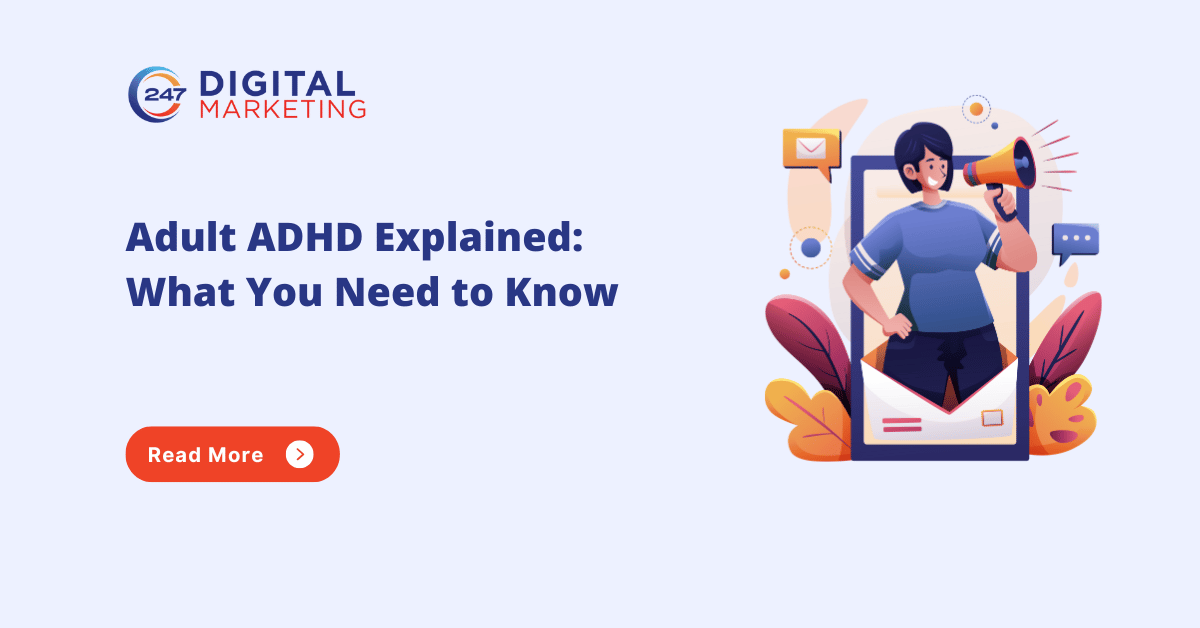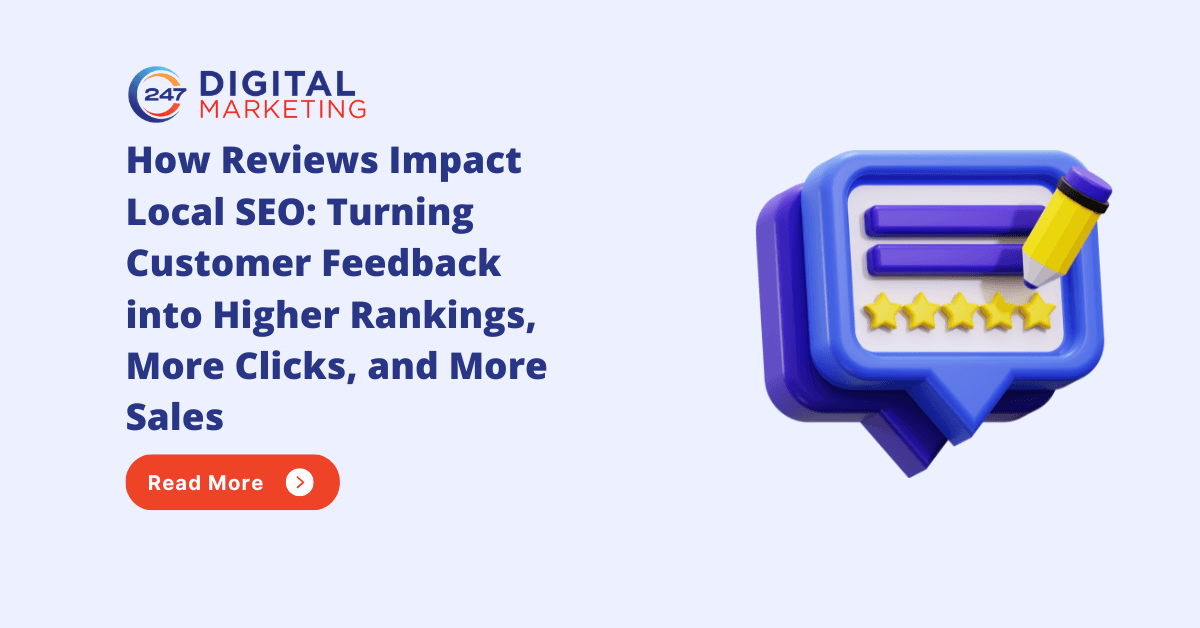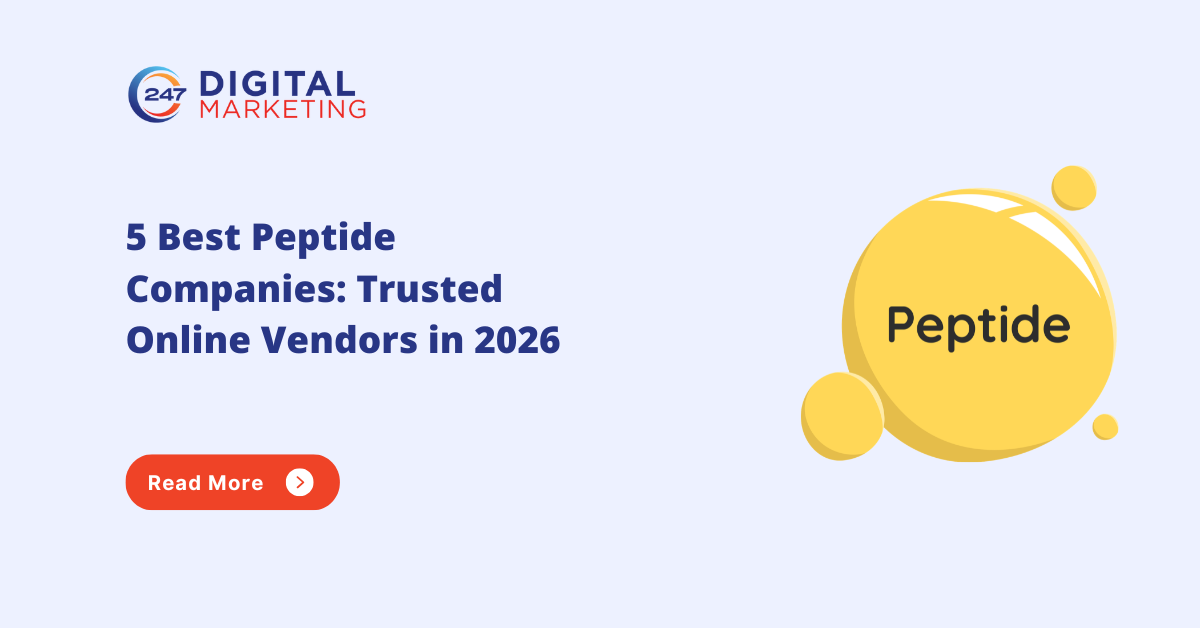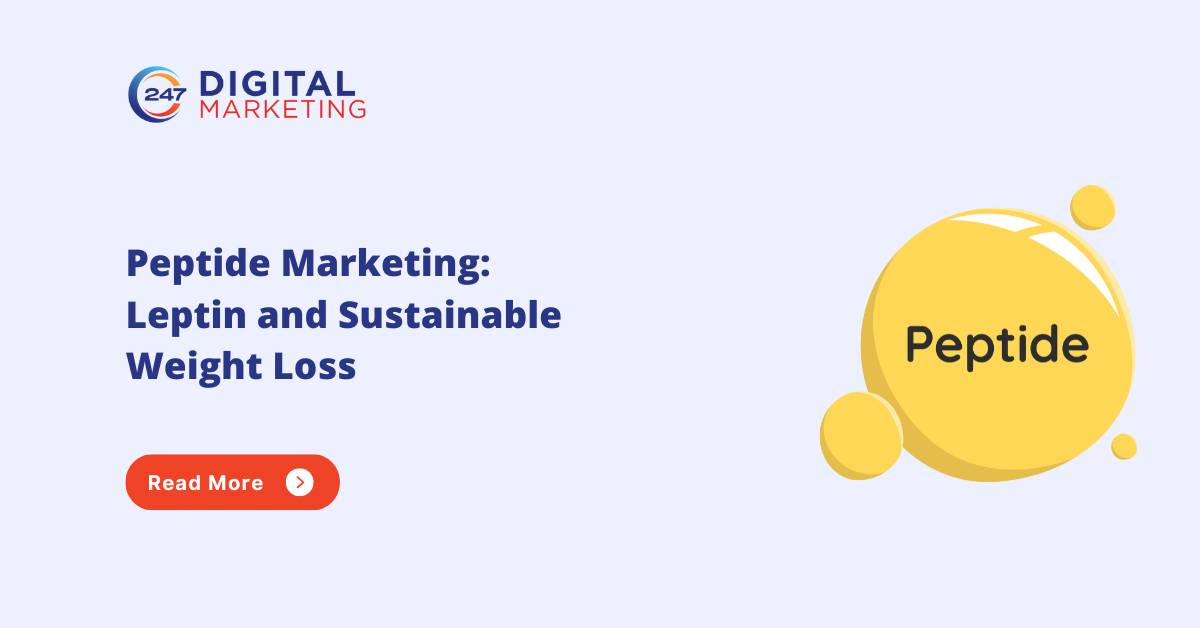
When most people hear “ADHD,” they imagine hyperactive children bouncing off the walls. But for millions of adults, attention-deficit/hyperactivity disorder is a very real, and often misunderstood, part of daily life. Adult ADHD doesn’t always look like childhood ADHD. It’s less about running around a classroom and more about racing thoughts, forgotten deadlines, and chronic disorganization.
Many adults go undiagnosed for years, chalking up their struggles to anxiety, laziness, or burnout. In reality, ADHD in adults can affect every area of life: careers, relationships, mental health, and self-esteem. The good news? With the right support, tools, and treatment, managing it is absolutely possible.
Whether you’re newly diagnosed or just starting to explore the possibility, this guide breaks down everything you need to know about the condition, from symptoms and diagnosis to treatment options and daily strategies.
What Is Adult ADHD?
This neurodevelopmental condition affects a person’s ability to regulate attention, impulses, and executive function. It’s not something that suddenly appears in adulthood, ADHD starts in childhood. However, it’s common for symptoms to go unnoticed or misdiagnosed until later in life, especially in women and high-functioning individuals.
There are three primary types of ADHD:
- Predominantly inattentive: Trouble focusing, frequent forgetfulness, procrastination.
- Predominantly hyperactive-impulsive: Restlessness, impulsive behavior, constant fidgeting.
- Combined presentation: A mix of both inattentiveness and hyperactivity.
While hyperactivity may decrease with age, other symptoms like time blindness, poor emotional regulation, and difficulty with sustained focus often intensify as life becomes more demanding. That’s why effective adult ADHD treatment should address both cognitive patterns and behavioral responses.
Common Signs and Symptoms
Identifying ADHD in adults can be difficult because symptoms often overlap with anxiety, depression, or even trauma. Common signs include frequently losing or misplacing items, difficulty starting or completing tasks, poor time management, and chronic lateness. Adults with ADHD may also struggle to listen during conversations, interrupt others, or display mood swings and emotional outbursts.
Many also find it hard to relax even during downtime and show inconsistent follow-through on plans or goals. Importantly, these patterns must have begun in childhood, even if they went unrecognized at the time, and should significantly impair functioning across multiple areas of life.
Why It Often Goes Undiagnosed
There are several reasons adult ADHD tends to fly under the radar:
- Masking and coping mechanisms: Adults often create workarounds that mask their symptoms, such as over-reliance on to-do lists or working excessive hours.
- Gender bias: Women, in particular, may be misdiagnosed with mood disorders due to internalized symptoms like daydreaming or emotional sensitivity.
- Misconceptions: Many people still believe ADHD is a childhood issue or that it only involves hyperactivity.
When these misconceptions go unchallenged, individuals miss out on tools that can truly improve their quality of life. Getting an accurate diagnosis can help build a roadmap for tailored support and long-term well-being.
How ADHD Is Diagnosed in Adults
A comprehensive evaluation typically includes:
- Clinical interviews exploring developmental history
- Symptom checklists and self-assessment tools
- Input from close friends, family, or partners (if available)
- Screening for co-occurring conditions like anxiety or depression
Diagnosis must be done by a licensed professional. A clear understanding of your personal history and symptoms is essential for developing a sustainable treatment plan.
ADHD Medications for Adults
Pharmacological treatment is often a cornerstone of managing symptoms. ADHD medications for adults generally fall into two categories:
1. Stimulants
Stimulants are the most prescribed medications for ADHD. They work by increasing dopamine and norepinephrine in the brain, neurotransmitters that play a key role in attention and motivation. Common stimulant options include:
- Methylphenidate (e.g., Ritalin, Concerta)
- Amphetamines (e.g., Adderall, Vyvanse)
2. Non-Stimulants
Non-stimulant options are often used when stimulants are not well-tolerated. These may include:
- Atomoxetine (Strattera)
- Guanfacine (Intuniv)
- Bupropion (Wellbutrin)
Choosing the right medication is a personal process that depends on medical history, symptom severity, and lifestyle needs. For many adults, combining medication with therapy yields the best long-term outcomes.
Behavioral Therapy and Coaching
While medication addresses the neurochemical aspect, therapy helps individuals build self-regulation strategies, improve emotional awareness, and change behavior patterns. Effective adult ADHD treatment often includes:
- Cognitive Behavioral Therapy (CBT) – Helps identify negative thought patterns and replace them with constructive actions.
- Executive Function Coaching – Offers practical strategies for planning, prioritizing, and staying on task.
- Mindfulness Training – Teaches emotional regulation and present-moment awareness.
- Group Support or Peer Mentoring – Reduces isolation and builds accountability.
Therapeutic support offers a path to healing from the emotional toll of years spent misunderstood or mislabeled.
Conclusion: Clarity Is the First Step Toward Control
For many adults, learning they have ADHD feels like a light switch being flipped on. Suddenly, past struggles make sense, and better solutions come into view.
Getting diagnosed isn’t about labeling; it’s about understanding. It’s about giving yourself the grace to move forward with tools that support who you are.
The path forward doesn’t have to be perfect, it just has to be intentional. Whether you choose therapy, medication, lifestyle changes, or all of the above, you deserve care that works with your brain, not against it.
If you’re ready to feel more focused, empowered, and in control, the first step is starting the conversation, with a qualified mental health professional and with yourself.
Mitesh Patel is the co-founder of 247 Digital Marketing, LawFirm Marketing and a columnist. He helps companies like Emerson and other top Fortune 500 compnies to grow their revenue.



